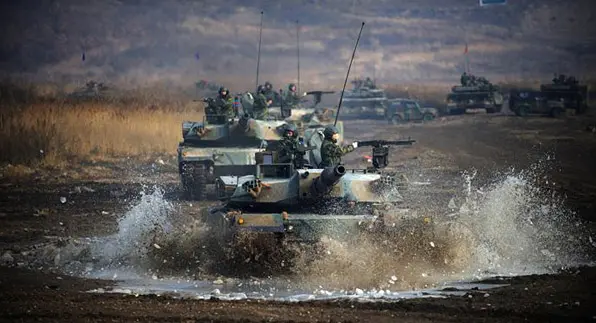Political missions deployed in volatile environments around the world are " indispensable" in defusing tensions, bringing countries back from the brink of conflict and building sustainable peace, said UN Secretary-General Ban Ki-moon here Wednesday.
Ban made the statement in a new, comprehensive report, which was released here Wednesday, tracing the history and evolution of these missions and urging strong support to ensure their effectiveness.
"Special political missions have become an indispensable instrument for the maintenance of international peace and security, " Ban said in his first thematic report on political missions to the 193-member UN General Assembly whose 68th session opened here Tuesday.
The UN currently has 37 special political missions, ranging from field-based offices in Africa, the Middle East and Central Asia, traveling envoys working to mediate political agreements, to expert groups focused on monitoring sanctions of the UN Security Council.
Political missions are deployed as temporary presences, with exit strategies. A political mission with an office in the country in which it works or a regional office has an average duration of just under six years. As a result of more complex mandates, special political missions require increasingly specialized staff and specialized military and police personnel, according to the report.
In describing the changing role of UN political missions through several decades, the report noted examples of accomplishments in helping UN member states "though historic times of change," such as supporting decolonization and independence process in Africa and Asia; assisting Central America in ending its civil wars in the 1990s, facilitating the Bonn Agreement in Afghanistan in 2001, and aiding Nepal in its transition to peace and democracy.
In challenging environments, success depends frequently on the commitment of the parties to a peace process, the existence of political space in which to operate and a minimum standard of security, said the report.
The report also stressed that working closely with national counterparts to promote national ownership is critical to the effectiveness of special political missions -- whether mandated by the Security Council, as 33 are, or by the General Assembly.
Furthermore, the peacebuilding missions in Burundi, Central African Republic (CAR), Guinea Bissau and Sierra Leone are in an evolving institutional partnership with the Peacebuilding Commission to build international support for their objectives and mobilize financial resources to implement their agendas.
Given the breadth and complexity of what special missions are being asked to deliver, strong member state support remains a critical ingredient of their effectiveness, said the report, which also stresses the critical role of partnerships with regional and sub-regional organizations to achieve effectiveness of special political missions.
The report also credited the recently established UN Office to the African Union (UNOAU) with more effective coordination of UN- AU responses to issues of common interest, including through the holding of periodic meetings between Security Council members and the AU Peace and Security Council. These partnerships should be improved, said the report.
There are currently 15 field-based missions deployed around the world -- a significant increase in numbers from three in 1993.
The main roles of such missions have also expanded from primarily reporting and monitoring events on the ground, to multidimensional operations combining political tasks with work in human rights, rule of law, and sexual violence in conflict, among others.
According to the report, mandates for each mission have gone from an average of two thematic areas in 1995 to roughly six by 2013.
In Iraq, for example, the UN mission there (UNAMI) is engaged is matters as diverse as the ongoing relocation of residents from Camp Ashraf, the provision of technical assistance to the organization of the 2013 provincial and local elections, the mobilization of humanitarian aid for Syrian refugees, the establishment of the Iraqi Human Rights Commission.
The UN chief also pledged in his report to continue dialogue with UN member states about the work of political missions in order to win their support for the missions.
 简体中文
简体中文





